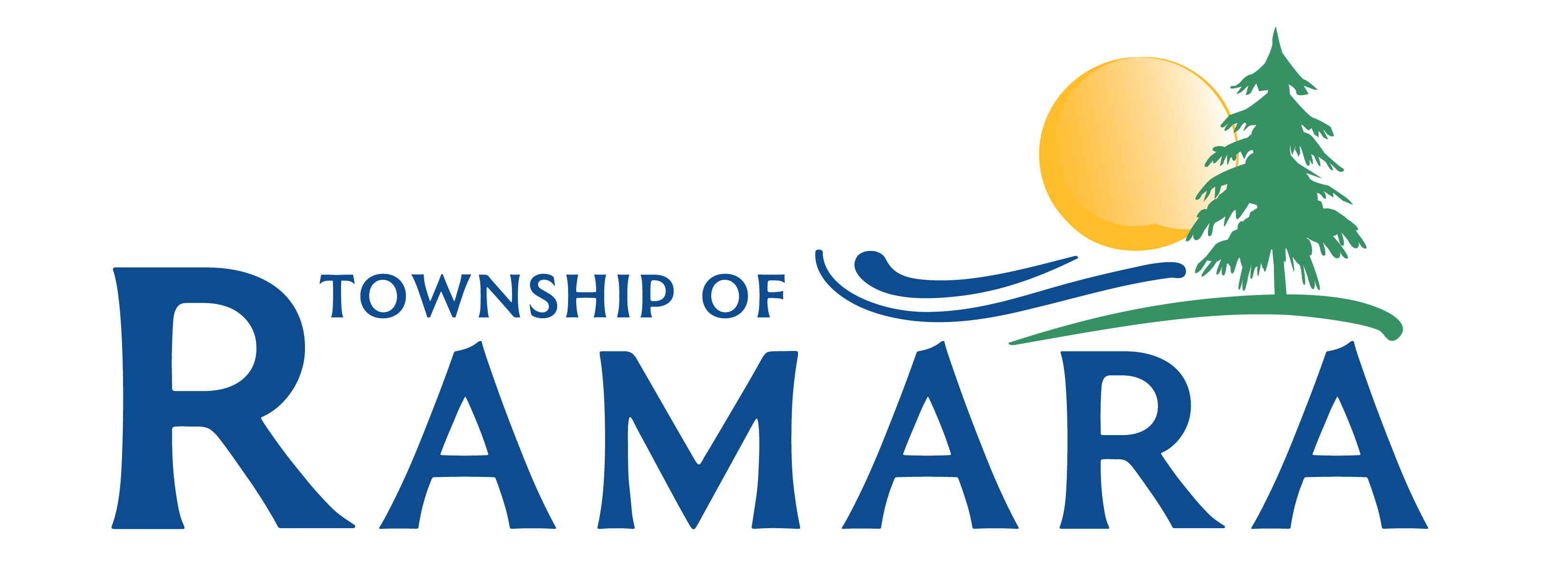Drinking Water Quality and Monitoring
The Township of Ramara works with the Ontario Clean Water Agency (OCWA) to safely and efficiently maintain our municipally owned water systems.
Annual Drinking Water Reports
Under the Ontario Drinking Water Systems regulation (Ontario Regulation 170/03), municipalities that maintain drinking water systems are required to prepare an annual report on the operation of the water system and the quality of its water. Hardcopies of the reports can be made available upon request, free of charge. If you have any further questions, please contact the Township of Ramara at 705-484-5374 ext. 285.
Ministry of the Environment, Conservation and Parks Inspection Reports
Drinking Water Appearance, Taste, and Odour
If you have concerns related to the appearance, taste, or odour of your water, please contact OCWA at 705-484-5600 during regular business hours.
Private well owners are responsible for protecting and properly maintaining their own drinking water system.
Haloacetic Acids in Drinking Water (HAAs)
Haloacetic acids (HAAs) are a group of compounds that can form when chlorine used to disinfect drinking water reacts with naturally occurring organic matter (e.g. decaying leaves and vegetation). HAA levels can vary over time when factors change, for example the temperature of the raw water, natural organic matter present in the raw water, treated water temperature and water storage levels.
Visit the Simcoe Muskoka District Health Unit website to learn more about the acceptable level of HAAs in drinking water, potential concerns, how it can be reduced, and more.
Sodium in Drinking Water
Provincial water regulations require that sodium concentrations in municipal drinking water be tested every five years and reported to the Medical Officer of Health when sodium levels exceed 20 mg/L. In August, 2025, all municipal drinking water systems in Ramara were tested and results can be found here.
Sodium is a common element in the natural environment and is often found in both food and drinking water. For most healthy individuals, the sodium levels detected in these systems are not a concern. For individuals on sodium-restricted diets due to certain health conditions, these levels may be of concern and should be reviewed with a health care provider. If you have questions about personal health risks related to sodium in drinking water, please consult your health care practitioner.
Additional information regarding sodium in drinking water is available from:
Contact Us
Corporation of the Township of Ramara
2297 Highway 12, PO Box 130, Brechin, ON, L0K 1B0
T. 705-484-5374
E. ramara@ramara.ca
Sign up for our eNewsletter
Stay up to date on the Township's activities, events, programs and operations by subscribing to have notifications sent directly to your inbox.
